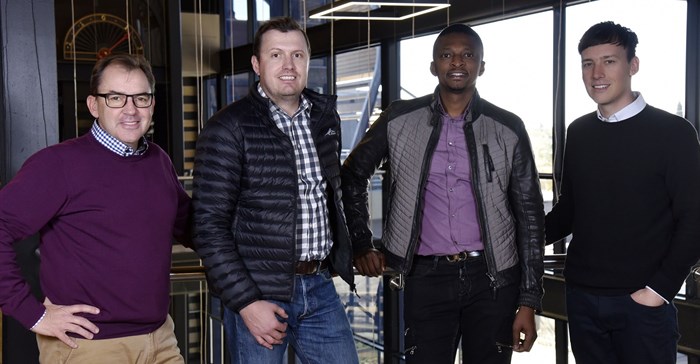
Related
Top stories






More news





ESG & Sustainability
#Sona2026: President announces crisis committee to tackle SA's water challenges









Divercity’s major shareholders and stakeholders are Atterbury and Ithemba Property, with Talis Property Fund playing a major part in forming the fund. Cornerstone investors are RMH Property and Nedbank Property Partners, subject to regulatory approval which is expected by the end of July.
The fund's investment strategy will focus on pre-identified precincts or corridors within cities, rather than on individual properties. Its initial portfolio includes strategic buildings from Atterbury’s, Ithemba’s and Talis’s portfolios, including Johannesburg's Newtown Junction Mall, Talis House and Turbine Hall, and the Pan Africa Mall in Alexandra, coupled with 4,500 residential properties from the Ithemba stable. Divercity has also acquired properties in Maboneng from Propertuity, and it also owns Sterland Mall in Pretoria.
These assets anchor the precincts in which Divercity has initially targeted its investment. In Johannesburg, its investment corridors span from Maboneng to the Newtown area around Turbine Hall and Newtown Junction Mall, and the Alexandra node surrounding Pan Africa Mall.
Divercity has secured a development pipeline of a further R3bn of investment, and the funding required to roll it out. This pipeline consists of over 3,000 new affordable residential units as well as prime inner-city office and retail space. The vision for the property income fund is to grow it towards a target of about R6bn in assets over the next three to four years and a stock exchange listing as a real estate investment trust (REIT).
Wouter de Vos, CEO of Atterbury Property Fund, says: “By clustering investment properties in specific precincts, not only does Divercity benefit from management efficiencies, but it also enjoys better control of assets by enhancing the intrinsic value around each of its core real estate investments. Essentially, it is creating large-scale, mixed-use, mixed-income urban renewal precincts. In this way, it also creates the density and scale to have a real impact on the cityscape.”
The fund invests in retail, commercial and residential properties. It intends to increase its balance of residential property over time in response to the massive demand for quality homes in its urban investment corridors. It is this residential development that it sees as a key ingredient to creating vibrant mixed-use precincts.
“While community is at the core of Divercity’s business model, the business case has been built around an asset class that we believe in and the returns it generates. The fact that it will also generate lots of positive social impact is an added benefit. This is a unique, scalable business and we’re excited to be part of its growth,” emphasises Rian Reyneke, CEO of Ithemba.
Evidence of this can be found in New York, London and beyond, where urban renewal has transformed decaying areas into the most highly sought-after and valued properties in the city. “We really want to take inner-city rejuvenation back to basics through the collective leadership of private and public sector as well as civil society stakeholder engagement,” says Tebogo Mogashoa, chairman of Talis Property Fund.